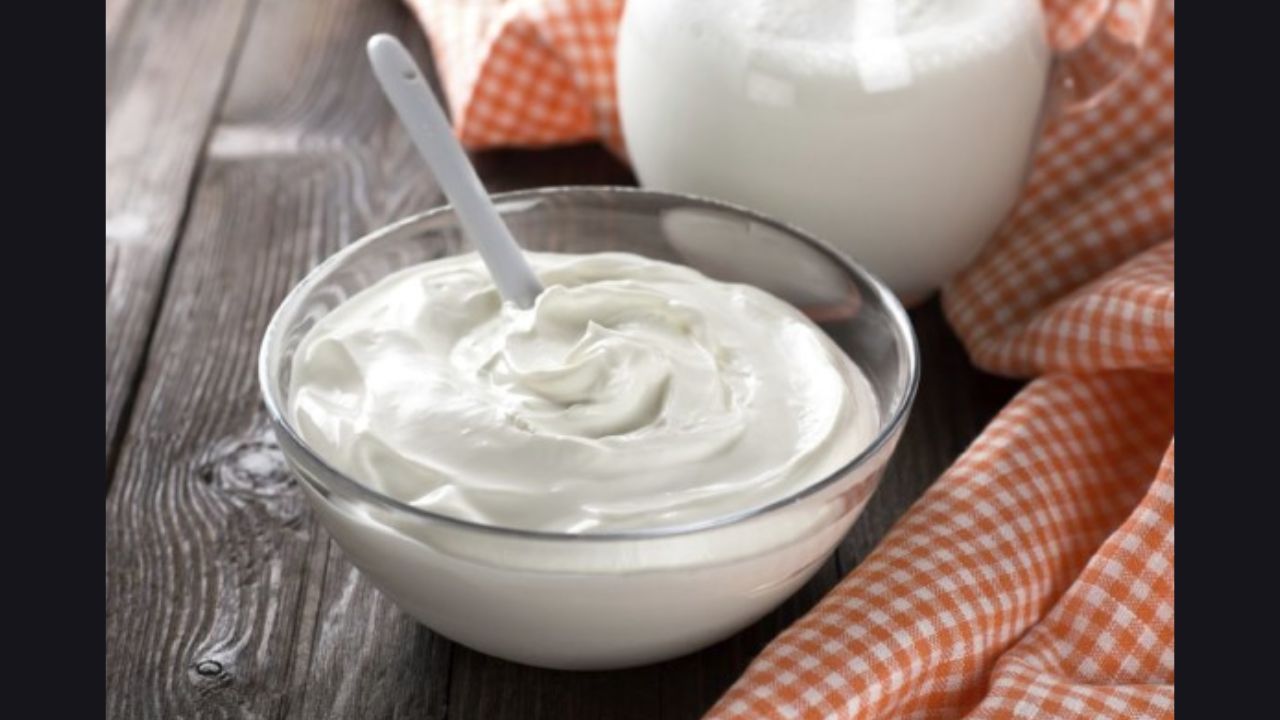Should we have curd in Winter? Benefits and Side Effects
Ayurveda also says that you shouldn’t eat curd in the winter, especially at night, because an old medical practice says that it can make you cough more.

Should we have curd in Winter: A lot of people don’t eat curd or Dahi in the winter because they think it makes them more likely to get colds and coughs. There are, however, people who still eat it as raita, yogurt, and dips. Ayurveda also says that you shouldn’t eat curd in the winter, especially at night, because an old medical practice says that it can make you cough more.
But nutritionists say it’s okay to eat curd in the winter if it’s easy on the stomach because it’s full of probiotics, calcium, phosphorous, potassium, and other important vitamins. Nutritionists say that in the winter, you can eat curd in other ways besides just by itself. You can add it to stews, warm smoothies, or make spiced lassi.
Check Out: Delhi Police Traffic Advisory for Beating Retreat
Should we have curd in Winter? Benefits
- Curd has good bugs in it that help keep your gut healthy. Taking probiotics can help your immune system work better, which is important for your general health.
- Curd has a lot of calcium, protein, and other important nutrients. These nutrients help bones stay healthy, muscles work well, and the body works well generally.
- It can be used in many different ways. You can eat curd as plain yogurt, flavored yogurt, or in recipes like raita. It can be used in many ways and tastes great in the winter.
- The probiotics in curd may boost the immune system, making your body better able to fight off infections and sicknesses. This is especially helpful in the winter, when colds and flu are common.
- The probiotics in curd help keep the gut microflora in order, which keeps problems like indigestion, bloating, and constipation at bay.
- Additionally, eating curd is thought to make the body warmer, which can be pleasant during the colder months according to traditional beliefs.
- Curd is a flexible ingredient that can be used in many meals, from warm soups and stews to sweet treats that make you feel good. It gives both sweet and savory dishes a creamy texture and a tangy flavor.
- The protein in curd makes you feel full, which may help with weight management by keeping you from eating too much.
- The nutrients in curd, like vitamin B12, may help your skin stay healthy in the winter, when it tends to get dry. Curd can also be put on dry skin to make it feel better.
- It’s also a healthy thing for pregnant women to eat.
For the most health benefits, make sure you choose plain curd that hasn’t been sweetened. As part of a healthy, balanced diet, curd can help your health in general, especially in the winter.
What happens when you eat cheese in the winter?
- For some people, eating cold foods like curd in the winter may make digestion less comfortable. Some people can’t handle cold foods well, so they might like curd at room temperature or added to warm meals.
- People often like warm foods to keep their body temperature steady during the winter. Some people might like the idea of warm soups, stews, or teas more.
- Everyone’s body behaves in a different way. If eating curd in the winter makes you feel bad or gives you stomach or breathing problems, you might want to cut back on how much you eat or try different ways to prepare it.
Check Out: NJ Transit Ditches Gas Plant, Cheers Environmental Advocates
